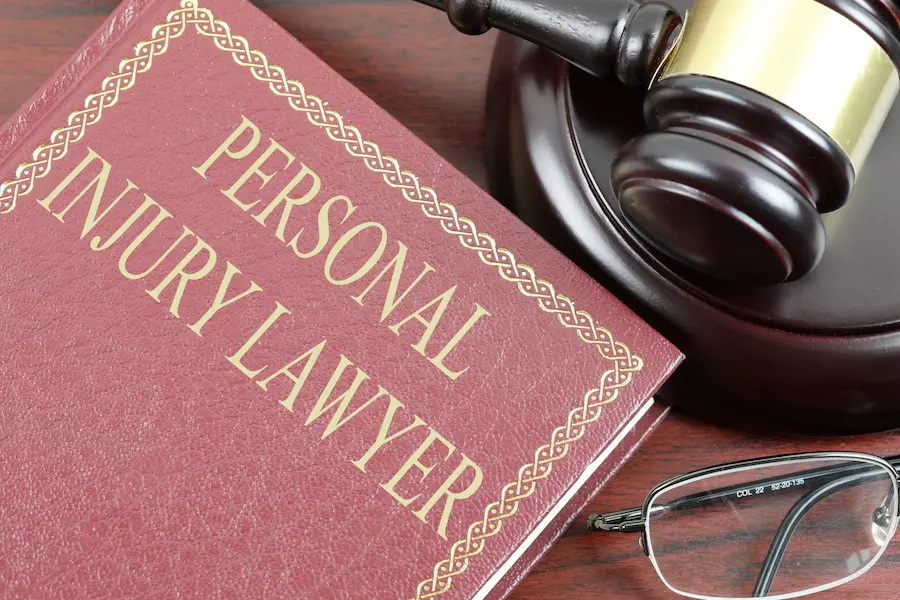If you suffer an injury, you may hear others reference a personal injury claim or lawsuit. But you are not sure exactly what that is.
In legal terms, a personal injury is defined as injuries suffered by a victim due to someone else’s negligence. In many cases, victims who suffer such injuries can collect damages to cover certain expenses and losses. In Canada, about 2.3 million people are injured each year in car accidents. Attorney Michael Hoosein notes that these types of cases can be complex and require the assistance of an experienced personal injury lawyer.
Table of Contents
What is considered a personal injury?
When a person suffers a physical injury, that is considered a personal injury. A personal injury lawsuit is filed when someone else is responsible for a personal injury. A personal injury differs from property damage because it involves physical injury.
What is negligence?
In legal terms, negligence means that someone caused an injury by failing to act in a way that a reasonable and careful person would have acted in a similar situation. When there is negligence, a victim who suffered an injury in the incident is allowed to recover damages. A negligence case must prove that the other person was required to act carefully and failed to do so. It also requires proof that the victim suffered injuries because of that person’s actions.
What are examples of personal injury cases?
Personal injury cases can include vehicle accidents, medical malpractice, and bad business practices. For example, if a business owner fails to clean up a spill on a floor and a customer hurts themselves in a fall because of the spill, this can lead to a personal injury case. If a medical professional commits a medical error and causes an injury, that can be a personal injury case. Other examples include:
- Attacks by pets
- Work injuries
- Assault and battery
- Construction accidents
- Injuries involving faulty products
What compensation can personal injury claims seek?
Personal injury claims and lawsuits can pursue many different types of compensation. They can seek reimbursement for medical bills, long-term recovery, lost wages, lost future income, home health care, and other out-of-pocket expenses. Personal injury claims can also seek other types of damages, such as compensation for pain suffered, emotional distress, mental anguish, and loss of intimacy with a partner. An experienced personal injury lawyer can help calculate appropriate damages for these types of claims, which typically are more difficult to determine because they are subjective and there is not a fixed, agreed-upon amount to consider.
What limits are there on personal injury cases?
When a personal injury occurs, there is a limited amount of time available to file a claim seeking recovery of damages from the incident. These limits, typically defined by a statute of limitations, set a deadline to file a claim and require certain notices to be sent regarding the claim. There may be exceptions to these limitations under certain circumstances that an experienced personal injury lawyer can use in your case. But it is important to contact a lawyer as soon as possible after injuries are suffered to ensure any statute of limitations or deadlines is met.
A personal injury lawyer who has experience in such cases can investigate the incident that led to the injuries and advise on the most appropriate course of action in the case.
Visit the rest of the site Updated Ideas for more useful and informative articles. If you want to write for us, just hit the contact button in the top right corner.
Thank you!

